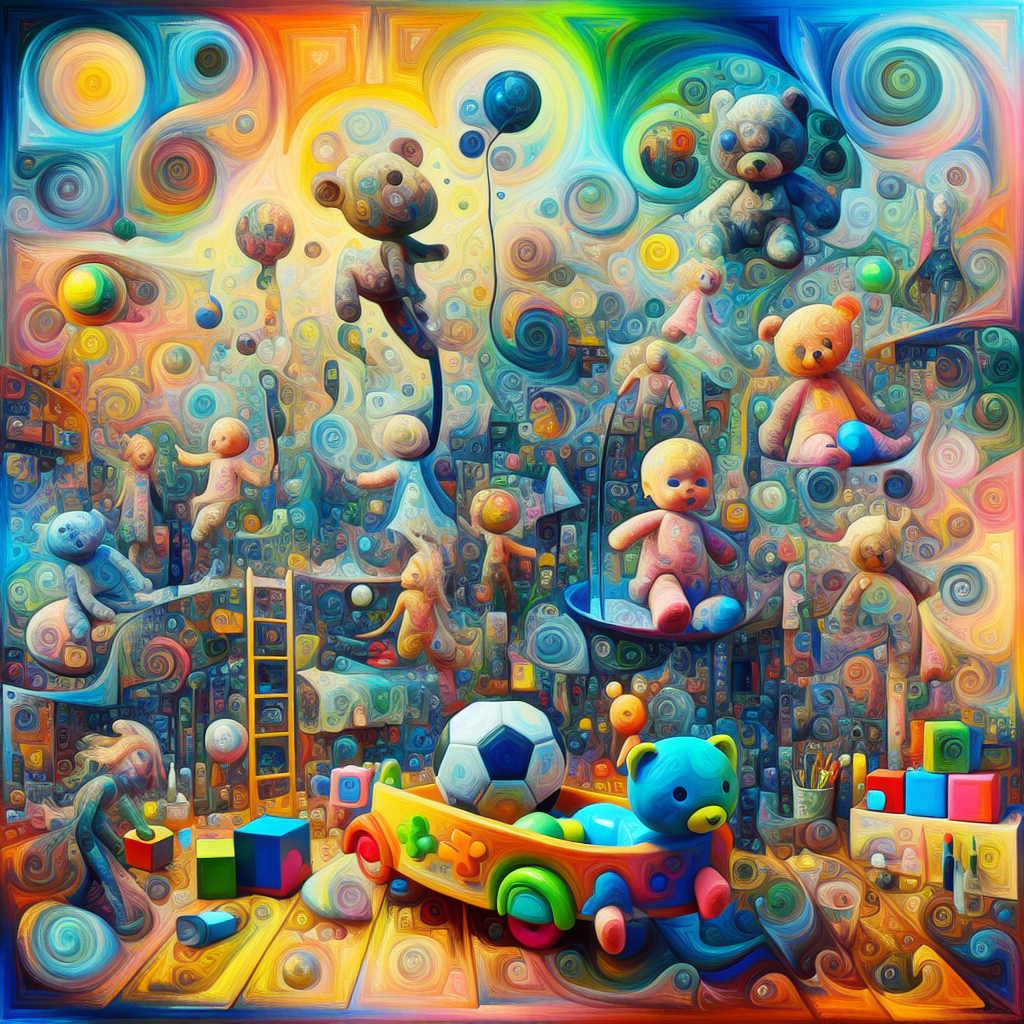Introduction: A Glimpse into the Emotional World of Toddlers Have you ever watched a toddler intently study someone’s face, as if deciphering a secret code beneath the surface? It’s more than just childlike curiosity; it’s a window into how young children perceive and understand the emotions of those around them. A recent research paper titled […]
Tag: Families

Decoding Self-Compassion: Is More Really Better?
Introduction: Exploring the Depths of Self-Compassion Imagine standing in front of a mirror and gazing at your reflection. What do you see? For many, it is a mix of awe and critique, pride and embarrassment. In our modern world, these reflections are not limited to the glass but are mirrored in our daily lives through […]

What’s Really Happening in Your Baby’s Mind? Exploring the Mother-Infant Connection
Introduction: The Mother-Baby Mind Connection Picture a new mother gazing down at her baby, captivated by their every coo and expression. She imagines what might be going on in her little one’s mind—a wonder as old as time itself. But there’s more to this maternal mental dance than meets the eye. In the research paper […]
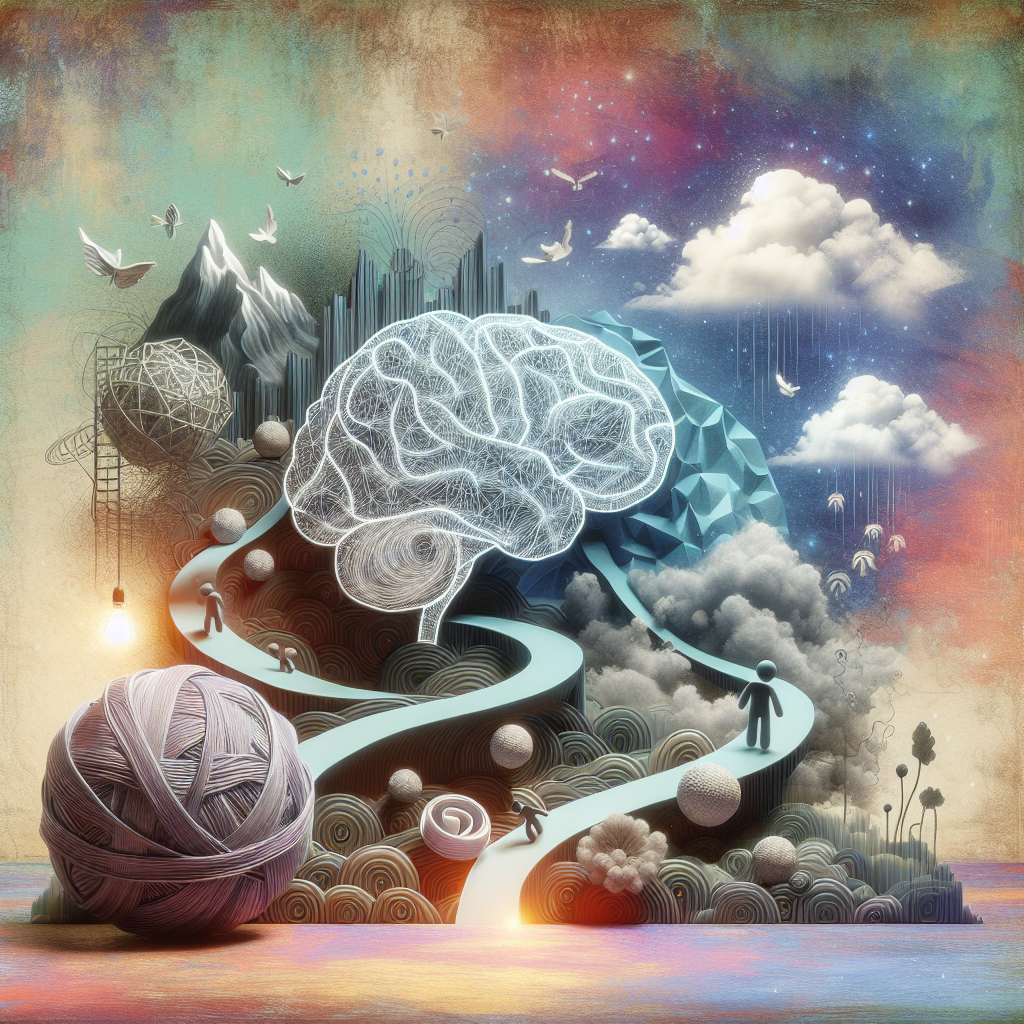
Rethinking Mental Health: Navigating the Journey from Childhood Comorbidities to Adult Challenges
— Introduction: Unraveling the Psychological Puzzle Imagine the mind as a delicate canvas, painted with diverse hues of emotion, behavior, and thought processes. Throughout life, this mental masterpiece is influenced by various factors, both environmental and genetic, shaping an individual’s personality and challenges. But what happens when two significant childhood disorders coexist on this canvas—as […]
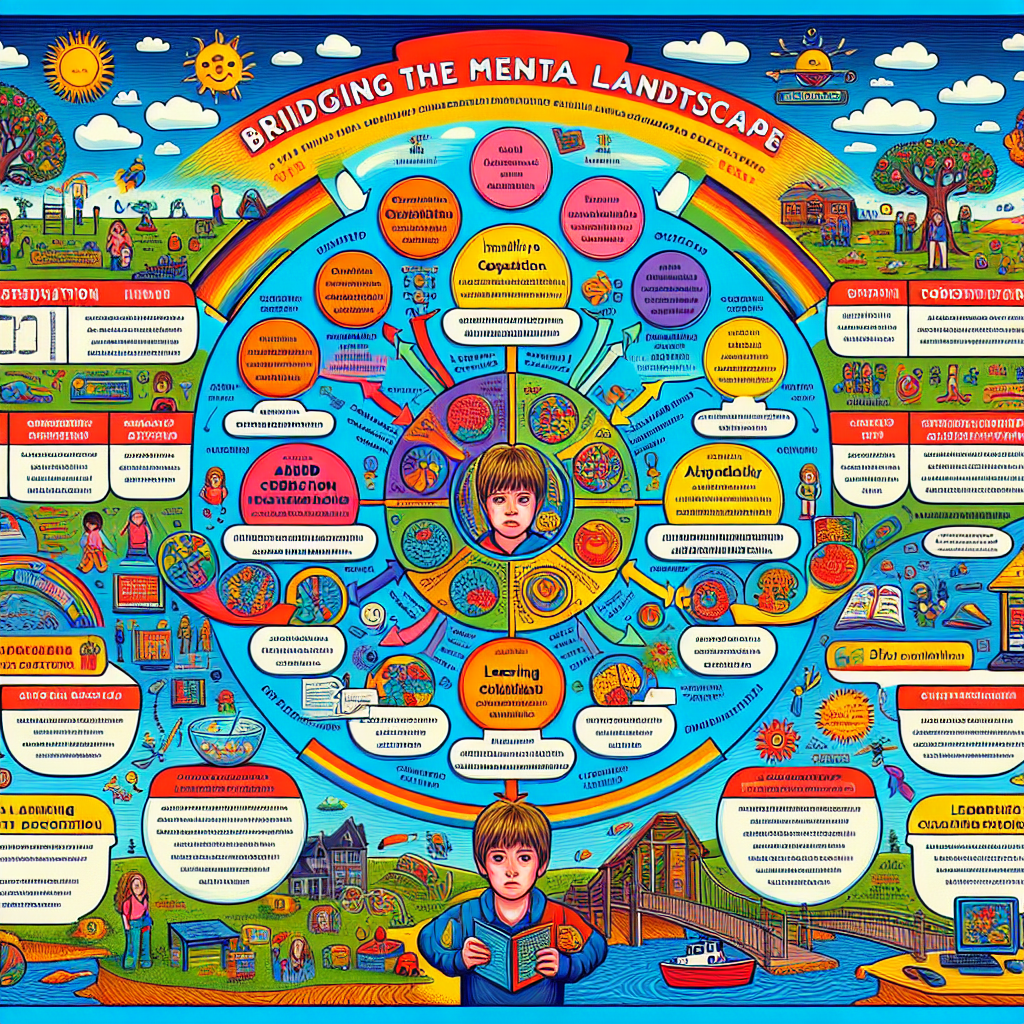
Bridging the Mindscape: Exploring ADHD and Learning in Children with ASD
Introduction Imagine attempting to read a fascinating book, but every time you find your rhythm, a loud horn disrupts your focus, leaving you scrambling to find where you left off. This is a metaphor for how some children with Attention Deficit Hyperactivity Disorder (ADHD) symptoms and Autism Spectrum Disorder (ASD) without intellectual disability experience their […]

Decoding Stress: Understanding the Danish Parental Stress Scale for Mothers
Introduction In the delicate dance of parenting, stress is an inevitable partner. Days are fueled by endless rounds of diaper changes, soothing cries, and managing sleepless nights. Despite the challenges, the innovation of psychological measurement tools like the Parental Stress Scale offers insights into understanding parental stress better. But here’s the catch: Are these tools […]
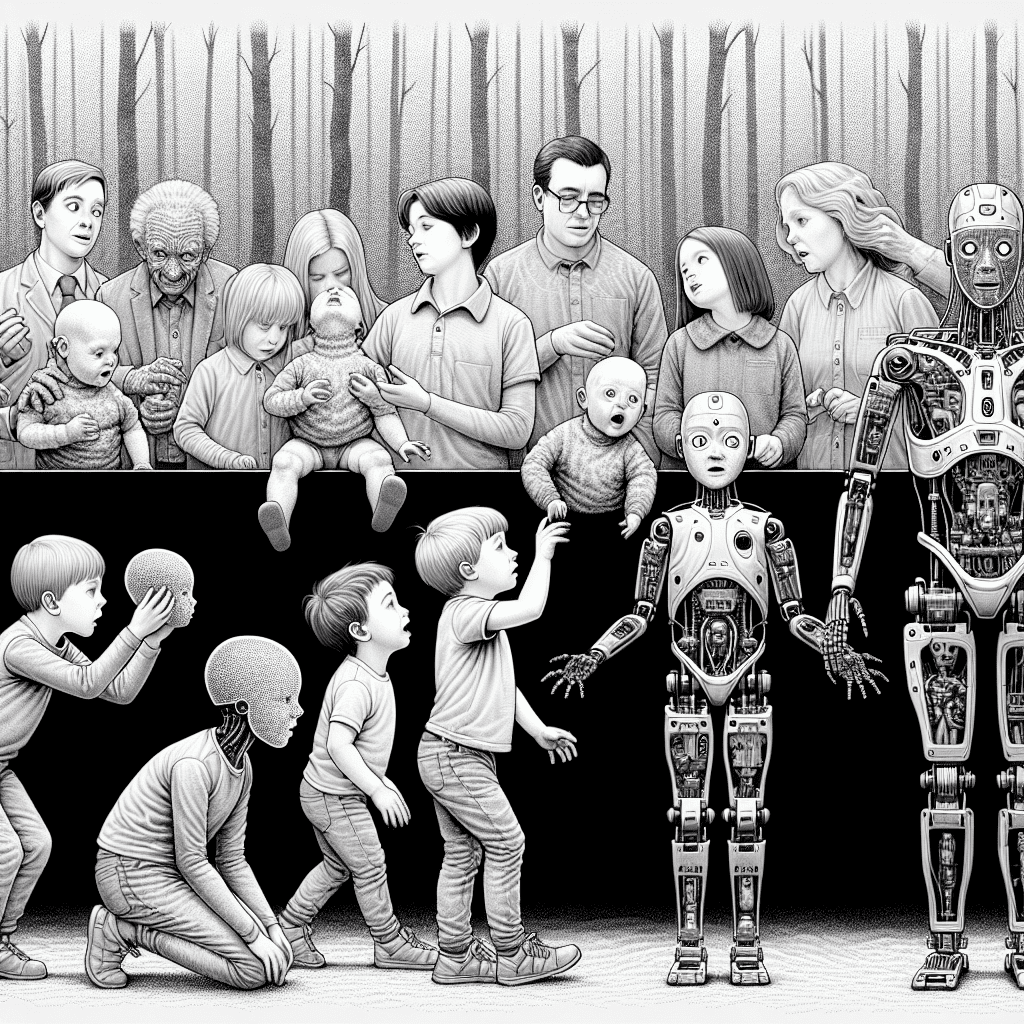
Children, Robots, and the Mystery of the Uncanny Valley: A Dive into Autism Spectrum Disorders
— Introduction: A Quirky Journey into Children’s Perceptions Imagine you are walking through a futuristic park filled with robots and virtual characters that look almost human. Suddenly, you stop in front of one that seems… off. Its almost-human features create a sense of unease, a phenomenon known as the uncanny valley effect. For most of […]
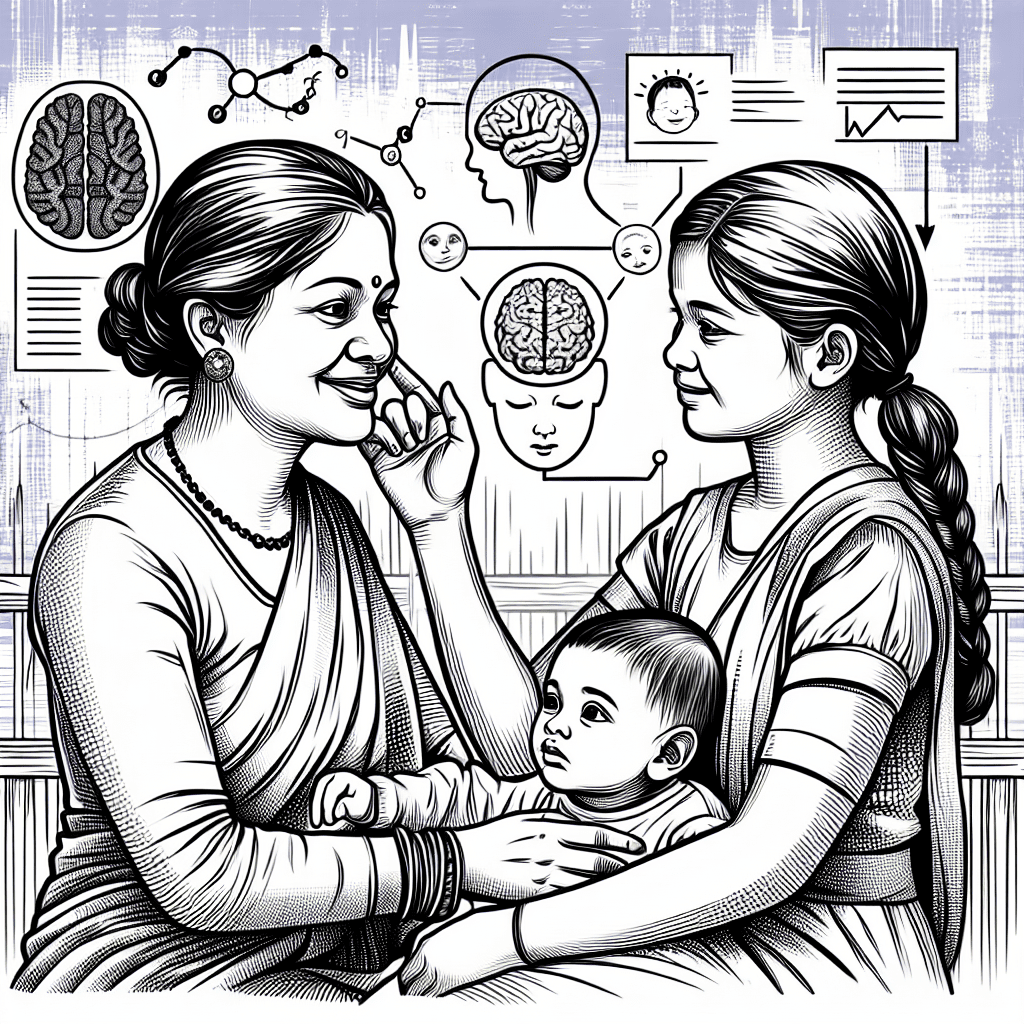
The Face in Focus: How Maternal Nurturing Shapes Emotion Recognition
— Introduction Imagine for a moment you’re in a bustling café. Amidst the symphony of noises—espresso machines humming, conversations buzzing—you spot an old friend. They flash you a warm smile across the room, and you find yourself grinning back, even before you consciously process their expression. This seemingly automatic response is no accident. It’s the […]
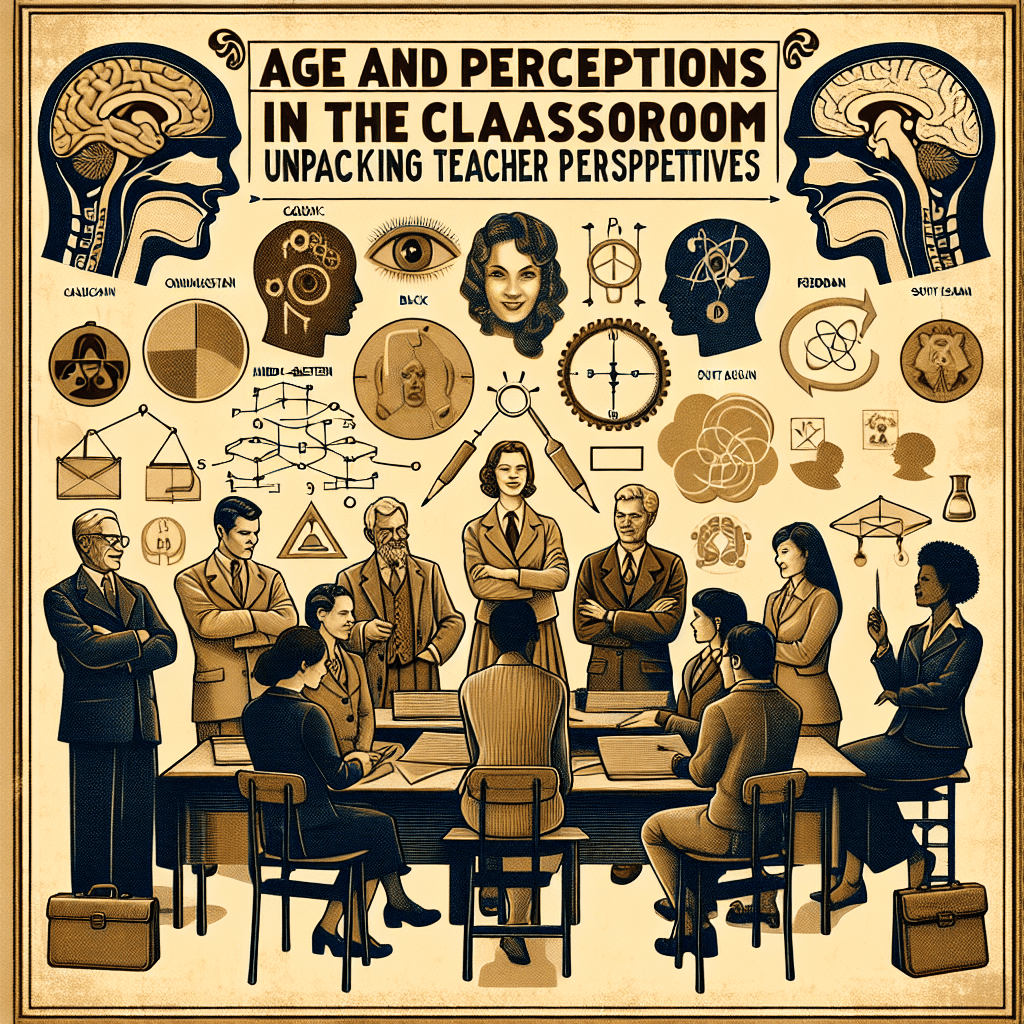
Age and Perceptions in the Classroom: Unpacking Teacher Perspectives
## Introduction: The Age Dilemma in Classrooms Imagine walking into a classroom where each child is a whirlwind of energy and curiosity. Their minds work at different speeds, reacting in diverse ways to the same situation. Some may be class clowns, unable to sit still, while others quietly ponder questions before raising their hands. But […]
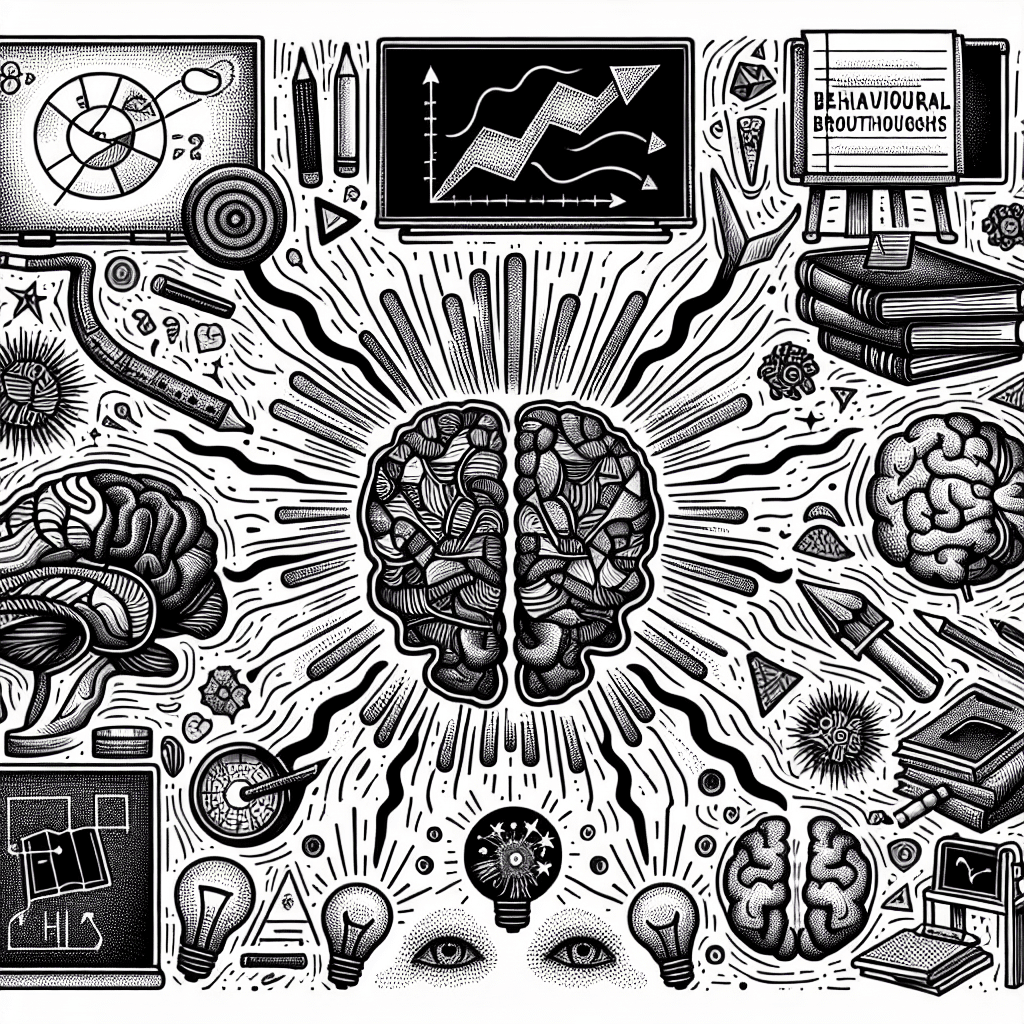
Behavioral Breakthroughs: How Classroom Programs Shape Young Minds
— Introduction Picture a bustling classroom where every child is engaged, focused, and ready to learn. Sounds idyllic, doesn’t it? But many educators and parents know the reality inside a classroom is often far more chaotic. Children grappling with symptoms of Attention-deficit Hyperactivity Disorder (ADHD) and Oppositional Defiant Disorder (ODD) can turn a learning environment […]
